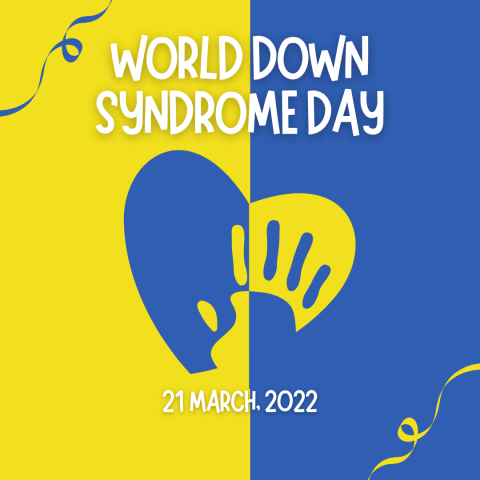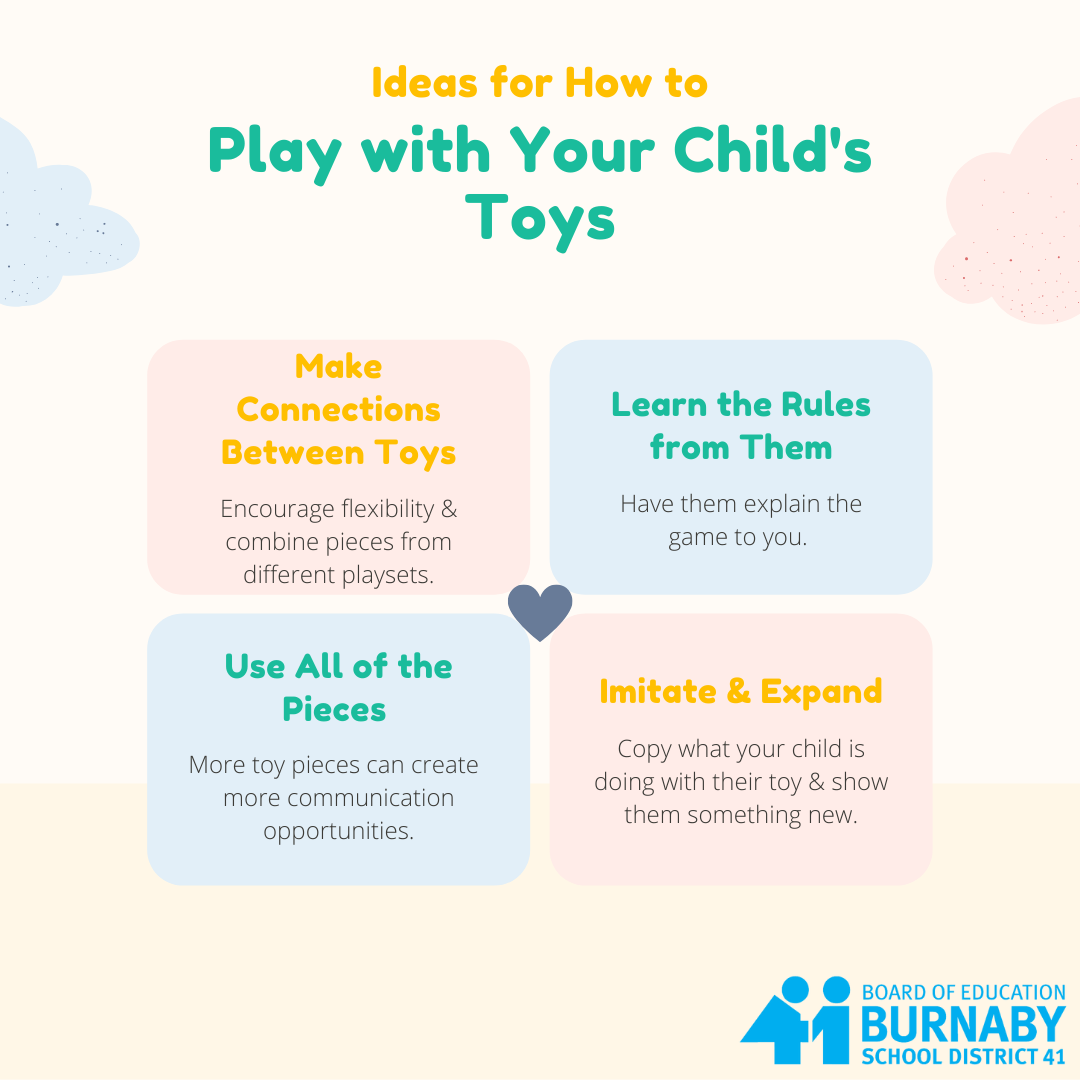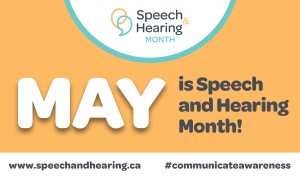World Down Syndrome Day is a global awareness day observed on the 21st day of March, the 3rd month of the year. This date was chosen to signify the uniqueness of the triplication of the 21st chromosome which causes Down Syndrome (Down Syndrome International, 2022).

The Burnaby Speech-Language Pathologists work with students with Down Syndrome as well as their families and school teams.
This year’s World Down Syndrome Day campaign theme is “Inclusion Means…” What does inclusion mean to you?
For more information, please check out these resources:
Down Syndrome Resource Foundation
Reference
Down Syndrome International. (2022, February 10). About WDSD. World Down Syndrome Day. Retrieved March 21, 2022, from https://www.worlddownsyndromeday.org/about-wdsd



 As May is coming to an end, so too is Speech and Hearing Month.
As May is coming to an end, so too is Speech and Hearing Month.